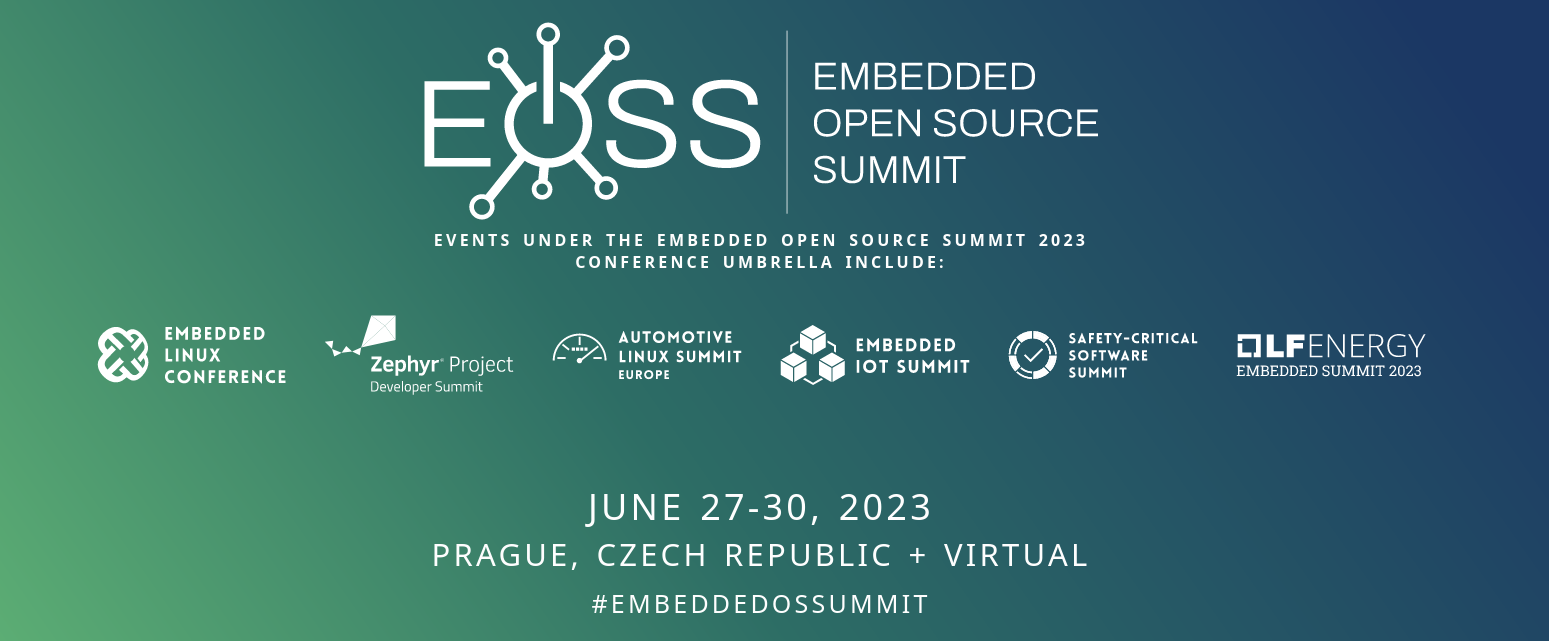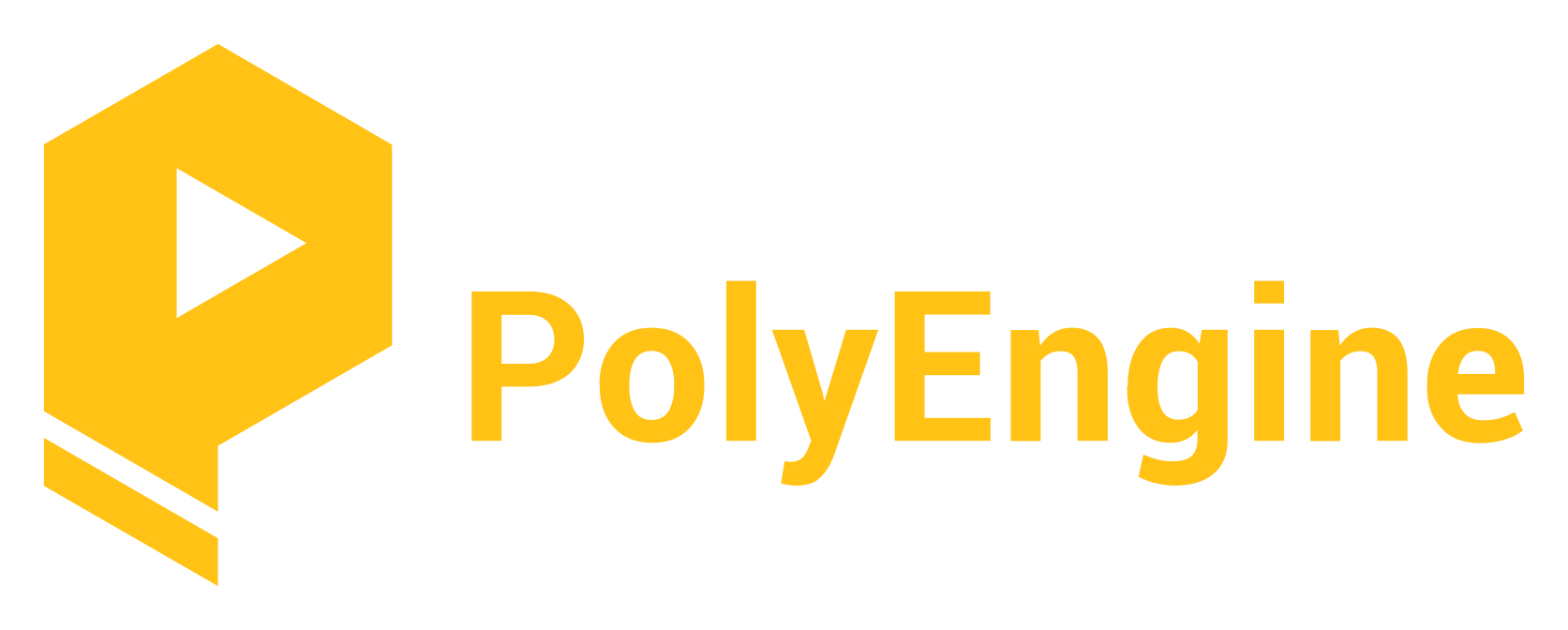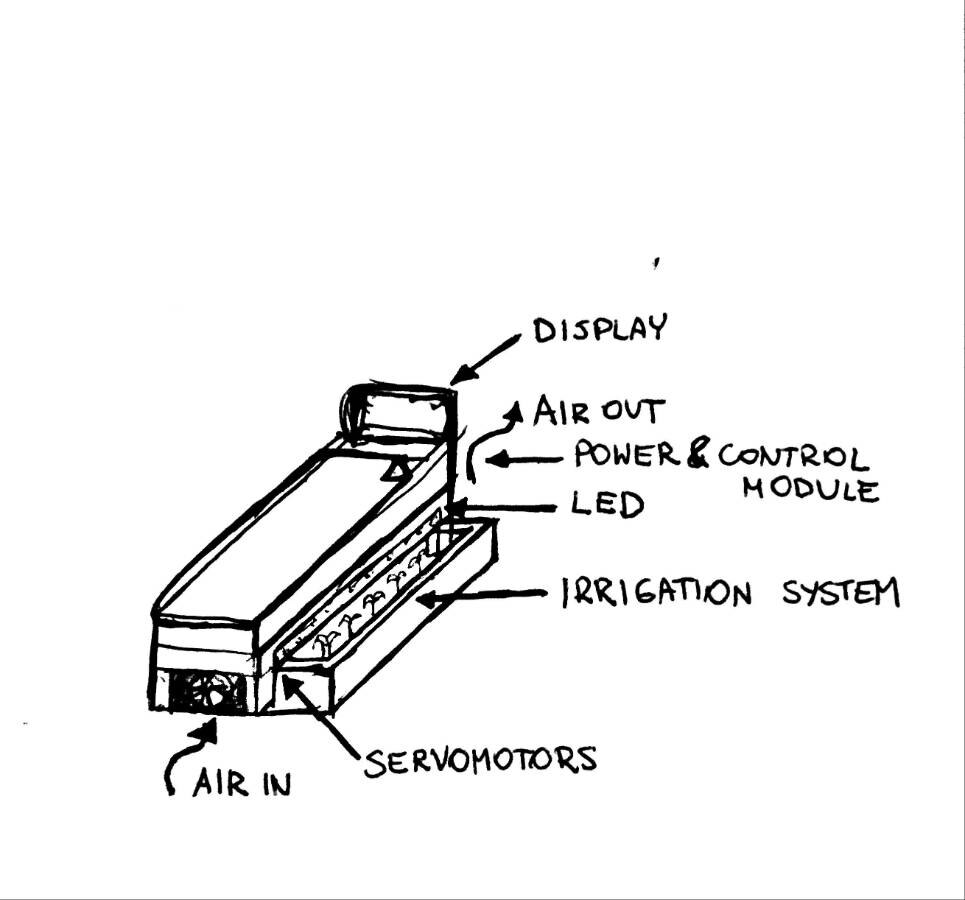About Me
Hello there!

My name is Jakub Duchniewicz and this is my personal space 😁
I am currently working as a programmer at Tietoevry doing 5G NR L1 development from the Modem UE side on a custom ASIC for an Unspecified Client. 😁 I am also a co-founder of Sticky Piston Studios - a jack-of-all-trades company where we make any advanced tech tick!
My skills include low-level programming in C, C++ and Rust. Being proficient in hardware accelerators, such as FPGAs I happen to know some Verilog and SystemVerilog. Lastly, being a hardcore gamejammer I am familiar with the Unity engine and other popular tools of the trade.
In my free time I am doing a ton of bouldering, chasing them good waves 👋 and powder days :skiing: and when I am finally so tired I can sit patiently in one place then I have time and energy for learning hardware hacking and some reverse engineering - preferably in the retro-computing space. I am also a dog-person, although right now because of my travels I do not have a doggo of my own.
I have graduated with an MSc in Embedded Systems at KTH Royal Institute of Technology, Sweden and University of Turku, Finland as a part of EIT Digital Programme. Thesis titled: “FPGA accelerated tcpdump using eBPF” goes into the topic of hardware acceleration of packet capturing in embedded Linux system using an FPGA. It was a cooperative effort between KTH and Tietoevry.
I have also graduated from Warsaw University of Technology with the thesis: “FPGA based hardware accelerator for musical synthesis for Linux system”.
You can see both below the Story section.
Social links 🗡️:
- CV
- GitHub
- LinkedIn
☕ - Sponsor :)
What’s in here?
Short posts & long dives on:
- Zephyr, Linux & other OSes
- MCUs, FPGAs and hardware acceleration
- Game-dev / engine architecture
- Hardware hacking & retro-computing
- Recently a lot on Lifestyle and travelling 🌊
- Keebs (HHKB-Workman enjoyer 💪)
- The odd ML experiment
Please feel free to reach out to me, or leave a comment, I am always eager to have a chat or give a helping hand! Also, if you like what I do and you want more content, feel free to buy me a coffee ☕
Story
Slavic Game Jam 2025
 SGJ25 was the fourth time I participated in this Game Jam, this constitutes a tradition! Being something above 15th game jam, I have ever attended - this time I focused mostly on extending the Pill Engine with networking capabilities using
SGJ25 was the fourth time I participated in this Game Jam, this constitutes a tradition! Being something above 15th game jam, I have ever attended - this time I focused mostly on extending the Pill Engine with networking capabilities using renet Rust crate. Because writing proper networking is hard the game was created just in the last 6 hours of the gamejam! It is called Tiny Trucks and is all about drifting your own tiny truck with other players!
Skills: Rust, Networking, Game Engines, Systems optimization
Hackaday Supercon 2025

A lightning talk on hacking around IceBreaker FPGA and how me an my friend Krzysztof built a custom signal processing basing on excellent DOOM on IceBreaker project. I present some hoops I had to jump through to get a softcore RISC-V CPU running on the FPGA and communicating efficiently with the signal processing RTL.
Skills: C, RISC-V, Verilog, Hardware Debugging
Embedded Open Source Summit 2024

EOSS24 was another great opportunity to dig deeper into Linux kernel and Zephyr OS community! I presented about my pet-project ZLED Frame. Included in the presentation were: designing a Wi-Fi NeoPixel art frame from CAD to firmware, a walk-through of writing and interacting with Zephyr drivers, handling HTTP communication and 3-D printing traps.
Skills: C, Zephyr, TCP/IP, 3D printing
FOSDEM 2024
At FOSDEM 2024, I presented my and Tietoevry’s role and experience in revolutionizing the 5G networks via adoption of ORAN or projects that implement it, such as Intel FlexRAN that I had pleasure developing. The core message of my talk was the necessity for a solid open-source foundation at the lowest layer of the telecom industry’s processing chain. I also discussed the importance of opening up the ecosystem in the context of 5G and shed some light on the intricate structure of the network, especially how the L1 works.
Skills: C, 5G, Radio Networks, L1
Hackaday Supercon

This is the second time we spoke on the topic of Porting an AI Powered Wearable Health Monitor to Zephyr on Open Hardware. See below for details!
Embedded Open Source Summit

Me and Szymon Duchniewicz spoke at Embedded Open Source Summit on the topic of Porting an AI Powered Wearable Health Monitor to Zephyr on Open Hardware. You may refer to the video and the blog post for more details. In short we briefly explained the first iteration of our project on non-Zephyr OS (Arduino) and the presented the challenges and shortcomings of that approach. Then showed how we ported the solution to QuickLogic EOS S3 platform and ran it on Zephyr OS. We also commented on how we designed the entire system, including the Machine Learning model for Blood Pressure inference (whose breakdown you can see in this blog post). The entire presentation featured a plethora of tips regarding porting Zephyr to a new platform (as it turned out the EOS S3 had really basic Zephyr support.
Skills: C, Zephyr, Machine Learning, Hardware acceleration, 3D printing
State of Open Con

During this presentation, the topic of hardware acceleration using FPGAs in an embedded Linux was covered. Presented was a solution based on a custom Linux distribution assembled using the Buildroot tool, specially configured and patched Linux kernel, uboot bootloader, and the programmable logic for packet acceleration.
The project was evaluated on a De0-Nano System on Chip development board through modifications to burst lengths, packet sizes, and programmable logic clock frequency. Metrics include packet capturing time, time per packet, and consumed power. Finally, the results were contrasted with baseline embedded Linux packet processing by inspection of a packet’s path through the kernel.
After the presentation, a lengthy discussion arose and interesting future ideas for the project were imagined. It can be viewed online here.
Skills: C, FPGA, Linux, Networking, Hardware acceleration
The Deluge

My name is Jakub Duchniewicz and welcome to the Sticky Piston Studios!
I have been game jamming since 2016 and when in 2019 me and Mateusz Szymoński have jammed for the first time - Eternal Feud (a game where you shoot at each other with bleating sheep) was born. Unfortunately in 2020 Covid struck and all on-site jams were canceled.
We came back to on-site jamming in 2022 and in force! After onboarding Szymon 1 jam earlier, we were able to win the entire competition of HackYeah 2022!
The Deluge was made in only 24 hours and is a combination of FTL-like map exploration, a deck builder and a real-time strategy battle fighting. We used DALL-E for generation of most of the graphics and made the rest on our own. Be sure to check it out on itch.io!
Skills: Unity, Generative AI, C#, Game design
‘21 GSoC beagleboard.org - GPGPU using OpenGL ES on BBBa

This project was part of the Google Summer of Code initiative under the beagleboard.org organization. With this library you can accelerate your computations using built-in SGX GPU onboard the Beaglebone Black.
Motivation for the project was scarcity of heteregenousity on the BBB platform which means that most computations were done either on the CPU or in the PRU or both of them. Meanwhile GPU on the SoC was laying mostly untouched apart from some rare occasions where rendering was required - this is unacceptable and this project aims to change that!
Skills: C, OpenGL ES, Hardware acceleration, GPGPU
Projects
ZLED Frame

All open-source, open-hardware customized NeoPixel LED frame. Designed using FreeCAD and programmed using Zephyr RTOS. Based on ESP32 microcontroller with Wi-Fi connectivity powered by the [Zephyr] RTOS. The frame is capable of displaying various images sent from the companion web-based application. Blogs about its development: first, second GitHub repo link: zled-frame
Skills: C, Zephyr, Networking, FreeCAD
Rustalizer

A simple audio frequency visualizer written in Rust. Use it to accompany you in you daily job as a Winamp-style distractor :) Delivered both as a GTK desktop application and as a console app.
Skills: Rust, GTK, Signal processing
PolyEngine

While I was a co-chair of Student Society KNTG Polygon, I heavily contributed to creation of the PolyEngine game engine. It was written in the Entity Component System programming architectural pattern, effectively realizing data-oriented programming. During various gamejams and meetings we created extensible and professinal engine that always lacked a functional editor :). If you are interested on picking it up, drop me a line!
Skills: C, C++, Game Engines, CMake, Meson, Vulkan
BIBoP
 Image courtesy of Szymon Duchniewicz.
Image courtesy of Szymon Duchniewicz.
Basis for the EOSS23 talk me and Szymon are doing in June. A Machine Learning model for Blood Pressure inference from photopletysmography sensor data was deployed by means of AWS Lambda. The device used Wi-Fi for communication with the model and obtaining BP prediction data that was displayed on the small LCD screen. It was also powered by a LiPo battery so that it could be worn tetherlessly.
Skills: Embedded IoT, Analog electronics, Machine Learning, MQTT, SAMD microcontrollers, AWS
Envidrawer
 Image courtesy of Anna Tatarzyńska.
Image courtesy of Anna Tatarzyńska.
Ever wanted to have your own home-garden under your bed? No? Thought so… Same here but we decided it would be a cool idea to experiment with some new types of sensors and 3D printing. We also grabbed a honourable mention from element14, the organisers of this encompassing challenge. Check it out here!
Skills: Embedded IoT, Analog electronics, Woodworking, 3D printing
Academia
MSc Thesis:
“FPGA accelerated tcpdump using eBPF”
Abstract: With the rise of the Internet of Things and the proliferation of embedded devices equipped with an accelerator arose a need for efficient resource utilization. Hardware acceleration is a complex topic that requires specialized domain knowledge about the platform and different trade-offs that have to be made, especially in the area of power consumption. Efficient work offloading strives to reduce or at least maintain the total power consumption of the system. Offloading packet capturing is usually done in more powerful devices, hence scarce research is present concerning network packet acceleration in embedded devices. The thesis focuses on accelerating networking packets utilizing a Field Programmable Gate Array in an embedded Linux System. The solution is based on a custom Linux distribution assembled using the Buildroot tool, specially configured and patched Linux kernel, uboot bootloader, and the programmable logic for packet acceleration. The system is evaluated on a De0-Nano System on Chip development board through modifications to burst lengths, packet sizes, and programmable logic clock frequency. Metrics include packet capturing time, time per packet, and consumed power. Finally, the results are contrasted with baseline embedded Linux packet processing by inspection of a packet’s path through the kernel. Collected results provide a deeper understanding of the packet acceleration problem in embedded devices and the resultant system gives a solid starting point for possible extensions such as packet filtering. Key findings include an improvement in packet processing speed as the clock frequency and burst length are increased while maintaining power consumption. Additionally, the solution performs better when the packet sizes are above 64 bytes as the overhead of additional logic necessary for their processing is compensated. The project is also found to be significantly faster than regular in kernel processing with the caveat of providing just packet capturing whereas Linux contains a full network stack.
Keywords: Field Programmable Gate Array, Acceleration, Networking, Embedded Linux
BSc Thesis:
“FPGA based hardware accelerator for musical synthesis for Linux system”
You can view the .pdf here.
Abstract: Work focuses on realizing audio synthesizer in a System on Chip, utilizing FPGA hardware resources. The resulting sound can be polyphonic and can be played directly by an analog connection and is returned to the Hard Processor System running Linux OS. It covers aspects of sound synthesis in hardware and writing Linux Device Drivers for communicating with the FPGA utilizing DMA. An optimal approach to synthesis is researched and assessed and LUT-based interpolation is asserted as the best choice for this project. A novel State Variable IIR Filter is implemented in Verilog and utilized. Four waveforms are synthesized: sine, square, sawtooth and triangle, and their switching can be done instantaneously. A sample mixer capable of spreading the overflowing amplitudes in phase is implemented. Linux Device Driver conforming to the ALSA standard is written and utilized as a soundcard capable of generating the sound of 24 bits precision at 96kHz sampling speed in real time. The system is extended with a simple GPIO analog sound output through 1 pin Sigma-Delta DAC.
Keywords: FPGA, Sound Synthesis, SoC, DMA, SVF